The Fourmost - The Best Of The Fourmost (2005)
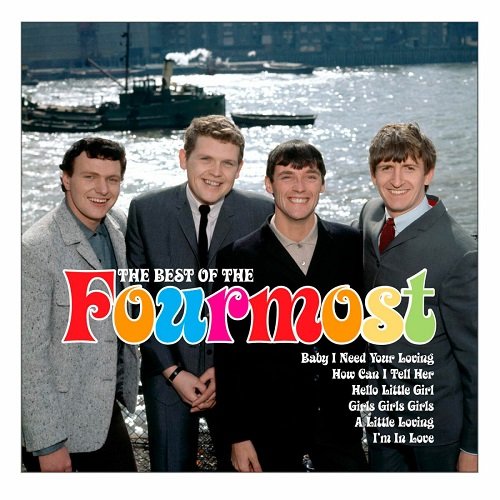
Artist: The Fourmost
Title: The Best Of The Fourmost
Year Of Release: 2005
Label: Parlophone UK
Genre: Pop Rock, British Invasion
Quality: Mp3 320 / Flac (tracks)
Total Time: 01:17:24
Total Size: 192/369 Mb
WebSite: Album Preview
Tracklist:Title: The Best Of The Fourmost
Year Of Release: 2005
Label: Parlophone UK
Genre: Pop Rock, British Invasion
Quality: Mp3 320 / Flac (tracks)
Total Time: 01:17:24
Total Size: 192/369 Mb
WebSite: Album Preview
1. Hello Little Girl 1:52
2. Just in Case 2:43
3. I'm in Love 2:10
4. Respectable 2:06
5. I Love You Too 2:04
6. A Little Loving 2:07
7. Waitin' for You 2:24
8. How Can I Tell Her 2:28
9. You Got That Way 2:05
10. Baby I Need Your Loving 2:28
11. That's Only What They Say 2:04
12. He Could Never 2:32
13. My How the Time Goes By 2:15
14. Girls Girls Girls 2:24
15. Why Do Fools Fall in Love 2:03
16. Till You Say You'll Be Mine 2:56
17. Yakety Yak 2:30
18. My Block 2:42
19. So Fine 2:36
20. Some Kind of Wonderful 2:24
21. The Girl Can't Help It 2:25
22. Today I'm in Love 2:19
23. The in Crowd 2:33
24. Baby Sittin' Boogie 2:23
25. Heebie Jeebies 1:58
26. Sure to Fall (In Love with You) 2:17
27. Everything in the Garden 2:08
28. Stop 2:43
29. Here There and Everywhere 2:01
30. You've Changed 2:17
31. Dawn (Go Away) 2:40
32. Turn the Lights Down 2:21
33. Auntie Maggie's Remedy 2:24
The Fourmost were originally known as the Blue Jays, then the Four Jays, and then the Four Mosts, before taking on the name under which they finally succeeded. Lead guitarist and singer Brian O'Hara (b. Liverpool, Mar. 12, 1942) and rhythm guitarist and singer Mike Millward (b. Bromborough, Cheshire, May 9, 1942) had a pleasing attack on their instruments and sang well enough, even harmonizing well, and with bassist/singer Billy Hatton (b. Liverpool, June 9, 1941) and drummer (and sometime singer) Dave Lovelady (b. Liverpool, Oct. 16, 1942), the Fourmost were one of the better combos working Liverpool in the early '60s. They could rock hard, with a crisp guitar sound and vocals that wailed convincingly, and Hatton's bass work had a nicely melodic sound -- the group lacked the distinctiveness of Gerry & the Pacemakers at their best, but were never as sappily sentimental as their major sub-Beatles Liverpool rivals could get, and had a livelier, leaner, and more refined sound than such competitors as the Swinging Blue Jeans.
The Fourmost's fortunes took a sharp turn upward in 1963 when they were given the nod by Brian Epstein and became a part of his stable of Liverpool-based acts. Their bookings improved and they were signed to EMI's Parlophone label, where they were recorded by George Martin. The band also got access to a pair of Lennon-McCartney originals ("Hello Little Girl," "I'm in Love") that got them noticed, and they peaked in April of 1964 with the single "A Little Lovin'," which got to number six in England. Unfortunately, none of the Fourmost were songwriters, and this left them at the mercy of outside inspiration and outside sources for songs, which quickly dried up as dozens of rival bands started covering the same material.
They also looked a bit stiff on-stage and on television, which was a problem as the bands around them got bolder in their presentations. Additionally, like a lot of early Liverpool acts, the Fourmost were oriented toward music careers that left room for cabaret-style humor, believing -- as had been the case before the Beatles -- that a band eventually branched out from straight-ahead rock & roll. Their music included a fair lacing of comedy tracks amid perfectly respectable covers of numbers like "The 'In' Crowd" and "Some Kind of Wonderful." Once the music around them began maturing in a different direction, into more advanced forms of rock & roll rather than toward pop, they found themselves on the outside looking in -- in 1965, while the Beatles were taking the first steps into the druggy ambience and the diverse folk and Indian sounds that would spice their second flourishing, and the Rolling Stones were shaking up the airwaves with "Satisfaction," the Fourmost were covering "Why Do Fools Fall in Love" (a great song, to be sure, but not exactly aiming high in ambition). With a few breaks and more focus, they might have been a somewhat more pop-oriented equivalent to the Action, but it wasn't to be.
The group never charted a single after the spring of 1964, despite an attempt in the summer of the 1966 to piggyback once more on the Beatles' work with a cover of "Here, There and Everywhere." The death of Mike Millward from leukemia in 1966 doomed the band's prospects, although Paul McCartney was still throwing some help their way as late as 1969. By then, they were fixtures on the cabaret circuit, and long since forgotten by most of the public.
The Fourmost's fortunes took a sharp turn upward in 1963 when they were given the nod by Brian Epstein and became a part of his stable of Liverpool-based acts. Their bookings improved and they were signed to EMI's Parlophone label, where they were recorded by George Martin. The band also got access to a pair of Lennon-McCartney originals ("Hello Little Girl," "I'm in Love") that got them noticed, and they peaked in April of 1964 with the single "A Little Lovin'," which got to number six in England. Unfortunately, none of the Fourmost were songwriters, and this left them at the mercy of outside inspiration and outside sources for songs, which quickly dried up as dozens of rival bands started covering the same material.
They also looked a bit stiff on-stage and on television, which was a problem as the bands around them got bolder in their presentations. Additionally, like a lot of early Liverpool acts, the Fourmost were oriented toward music careers that left room for cabaret-style humor, believing -- as had been the case before the Beatles -- that a band eventually branched out from straight-ahead rock & roll. Their music included a fair lacing of comedy tracks amid perfectly respectable covers of numbers like "The 'In' Crowd" and "Some Kind of Wonderful." Once the music around them began maturing in a different direction, into more advanced forms of rock & roll rather than toward pop, they found themselves on the outside looking in -- in 1965, while the Beatles were taking the first steps into the druggy ambience and the diverse folk and Indian sounds that would spice their second flourishing, and the Rolling Stones were shaking up the airwaves with "Satisfaction," the Fourmost were covering "Why Do Fools Fall in Love" (a great song, to be sure, but not exactly aiming high in ambition). With a few breaks and more focus, they might have been a somewhat more pop-oriented equivalent to the Action, but it wasn't to be.
The group never charted a single after the spring of 1964, despite an attempt in the summer of the 1966 to piggyback once more on the Beatles' work with a cover of "Here, There and Everywhere." The death of Mike Millward from leukemia in 1966 doomed the band's prospects, although Paul McCartney was still throwing some help their way as late as 1969. By then, they were fixtures on the cabaret circuit, and long since forgotten by most of the public.
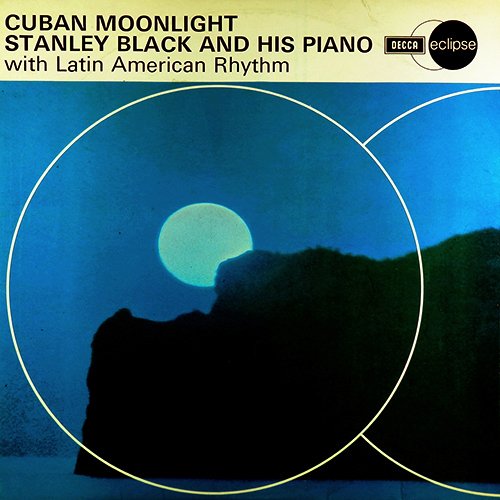
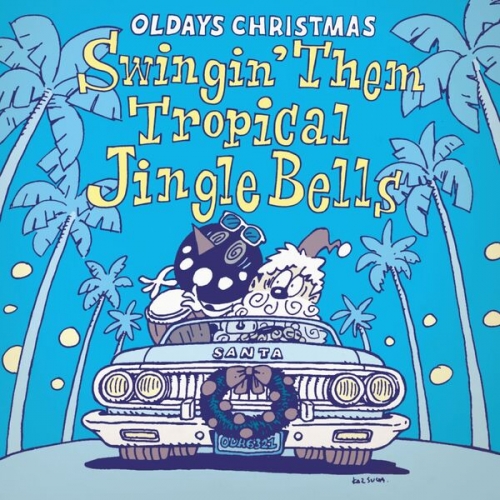
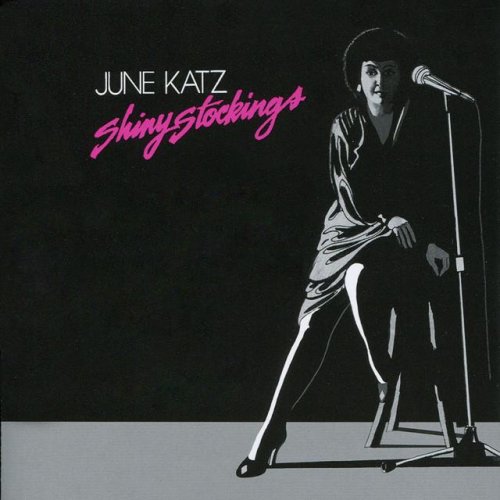
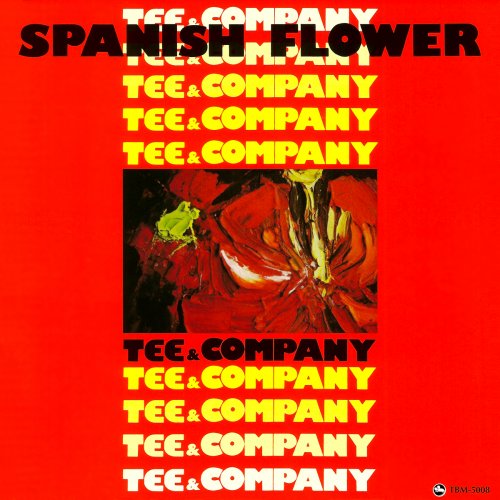

![Jeremy Pelt - Our Community Will Not Be Erased (2026) [Hi-Res] Jeremy Pelt - Our Community Will Not Be Erased (2026) [Hi-Res]](https://www.dibpic.com/uploads/posts/2026-02/1771945030_folder.jpg)
![Larry Coryell - Major Jazz Minor Blues (1998) [CDRip] Larry Coryell - Major Jazz Minor Blues (1998) [CDRip]](https://www.dibpic.com/uploads/posts/2026-02/1771860317_5.jpg)
![Ex Novo Ensemble - Claudio Ambrosini: Chamber Music (2020) [Hi-Res] Ex Novo Ensemble - Claudio Ambrosini: Chamber Music (2020) [Hi-Res]](https://img.israbox.com/img/2026-02/22/z541qb9ul4q390uxlw1d9iak3.jpg)
